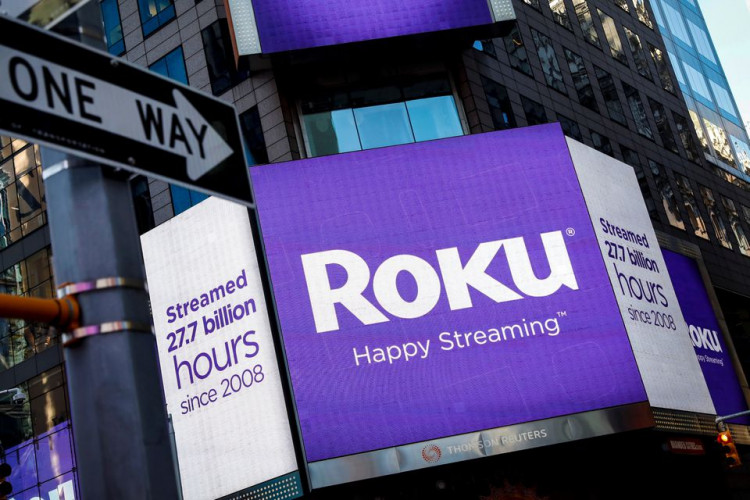Roku Inc. is testing a new advertising strategy that is drawing ire from its customer base: autoplaying video ads that launch immediately when a user powers on their device, before even reaching the familiar Roku home screen. Over the weekend, numerous Roku users reported encountering the unexpected ads, notably a trailer for Disney's upcoming Moana 2.
The autoplay ads mark a significant departure from Roku's typical approach of embedding static ads on the homescreen, prompting concerns among customers that the company is overstepping acceptable boundaries. Users on Reddit and Roku's community forums expressed frustration over the intrusive nature of the pre-home screen ads, with some threatening to abandon the platform altogether.
"I'll take the banner ads, but I'll be damned if I'm gonna put up with a video loading when loading up my Roku," one Reddit user wrote. Another customer stated on Roku's official forums: "I just turned on my TV to see a video open on the homescreen and play some trailer? I hope this was a fluke. I trashed all of my Amazon boxes years ago because of this garbage. If it keeps up, my Rokus will be next."
Roku confirmed the autoplay ads were part of a limited test and not a permanent feature, at least for now. In a statement provided to Ars Technica, a Roku spokesperson said the company "has and will always require continuous testing and innovation across design, navigation, content, and our first-rate advertising products," adding, "Our recent test is just the latest example, as we explore new ways to showcase brands and programming while still providing a delightful and simple user experience."
While Roku declined to specify which devices were affected or whether autoplay ads might become a permanent fixture, the company's evolving advertising strategy appears to be pushing the boundaries of consumer tolerance. CEO Anthony Wood addressed this balancing act during the company's most recent earnings call, stating: "Our strategy of making better use of our homescreen is not just about putting a marquee video ad on the homescreen. We are very careful about putting ads on our homescreen. We're very focused on both driving more monetization but also driving increased customer satisfaction. We have a very iconic homescreen, consumers love it. We have no intention of breaking it."
However, some customers argue that the company may already be crossing that line. One user commented on Reddit: "I could accept the static ad on the side. Forcing a loud commercial is awful."
Roku's business model has long leaned heavily on advertising revenue rather than hardware sales. The company's low-cost streaming devices and smart TV operating system have given it a dominant share of the U.S. market, but as competition tightens and hardware margins shrink, advertising plays an increasingly critical role. Roku reported over $1.4 billion in platform revenue in the fourth quarter of 2024, the bulk of which comes from advertising partnerships, data-driven ad placements, and sponsored content.
The latest move mirrors trends seen across the broader smart TV and streaming device landscape. Rivals such as Amazon, Google, and Samsung have all introduced more prominent advertising placements on their respective platforms. Even premium televisions, retailing at prices north of $900, now feature full-screen ads on their homescreens. Roku itself has previously explored patents for inserting ad overlays onto HDMI inputs, extending its ad ecosystem beyond its own devices, though the feature has yet to be rolled out.
The rising frequency and prominence of ads come at a time when manufacturers face pressure from slowing hardware sales, minimal differentiation in smart TV features, and an increasingly fragmented streaming market. Advertising provides a consistent revenue stream, and many companies are seeking to maximize returns by experimenting with more aggressive ad formats.
Still, the strategy carries risk. Roku's recent test underscores a growing tension between monetization efforts and consumer goodwill. The introduction of autoplaying ads has sparked fears among users that even core functions-such as powering on a device-could become bottlenecked by mandatory marketing content.
Customers seeking ad-free alternatives have limited options. Apple TV 4K, while more expensive, offers a comparatively clean interface with minimal ad intrusion. Others rely on third-party tools like Pi-hole to block advertising servers, though some users claim Roku may be finding ways to bypass such blockers.
One Redditor summarized the prevailing sentiment: "Turns out people get incensed when you make them watch a video ad just to use a product."






